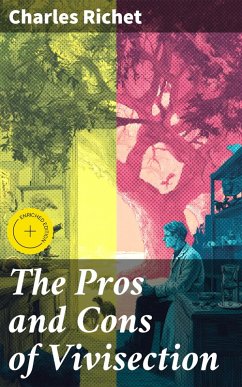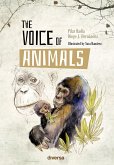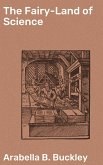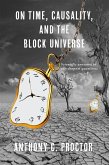In "The Pros and Cons of Vivisection," Charles Richet presents a rigorous examination of vivisection, exploring the ethical, scientific, and philosophical dimensions of this contentious practice. Through a meticulous analysis, Richet employs a blend of empirical data and persuasive rhetoric, juxtaposing the potential medical benefits against the moral implications of animal experimentation. His literary style is characterized by clarity and precision, making complex arguments accessible to both academics and lay readers. Published during a period of growing concern over animal rights and medical ethics, Richet'Äôs work situates itself within the larger discourse of scientific advancement and ethical responsibility. Charles Richet, a prominent French physiologist and Nobel laureate, was deeply embedded in the scientific community of the late 19th and early 20th centuries. His pioneering work in physiology likely informed his insights into vivisection, as Richet was aware of both the medical advancements it could provide and the moral dilemmas it posed. His background in scientific research, combined with a philosophical inquiry into human-animal relationships, positioned him uniquely to tackle such a polarizing subject. This book is essential reading for anyone interested in the ethical debates surrounding medical research and animal rights, providing a balanced perspective that invites readers to reflect on their own beliefs. Richet'Äôs thorough exploration not only enhances our understanding of vivisection but also serves as a compelling call to consider the ethical responsibilities entwined with scientific progress.
Dieser Download kann aus rechtlichen Gründen nur mit Rechnungsadresse in A, B, BG, CY, CZ, D, DK, EW, E, FIN, F, GR, H, IRL, I, LT, L, LR, M, NL, PL, P, R, S, SLO, SK ausgeliefert werden.









